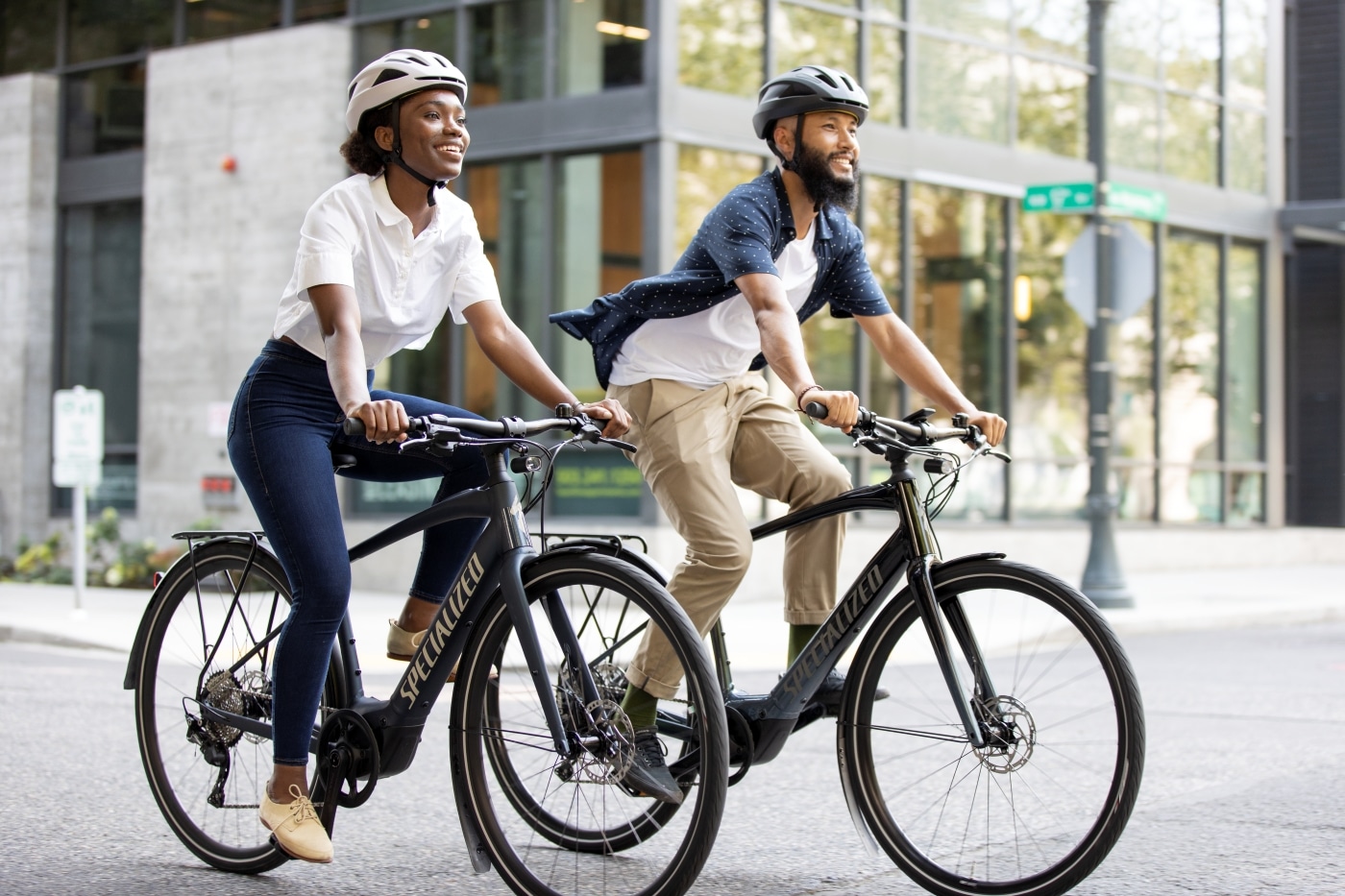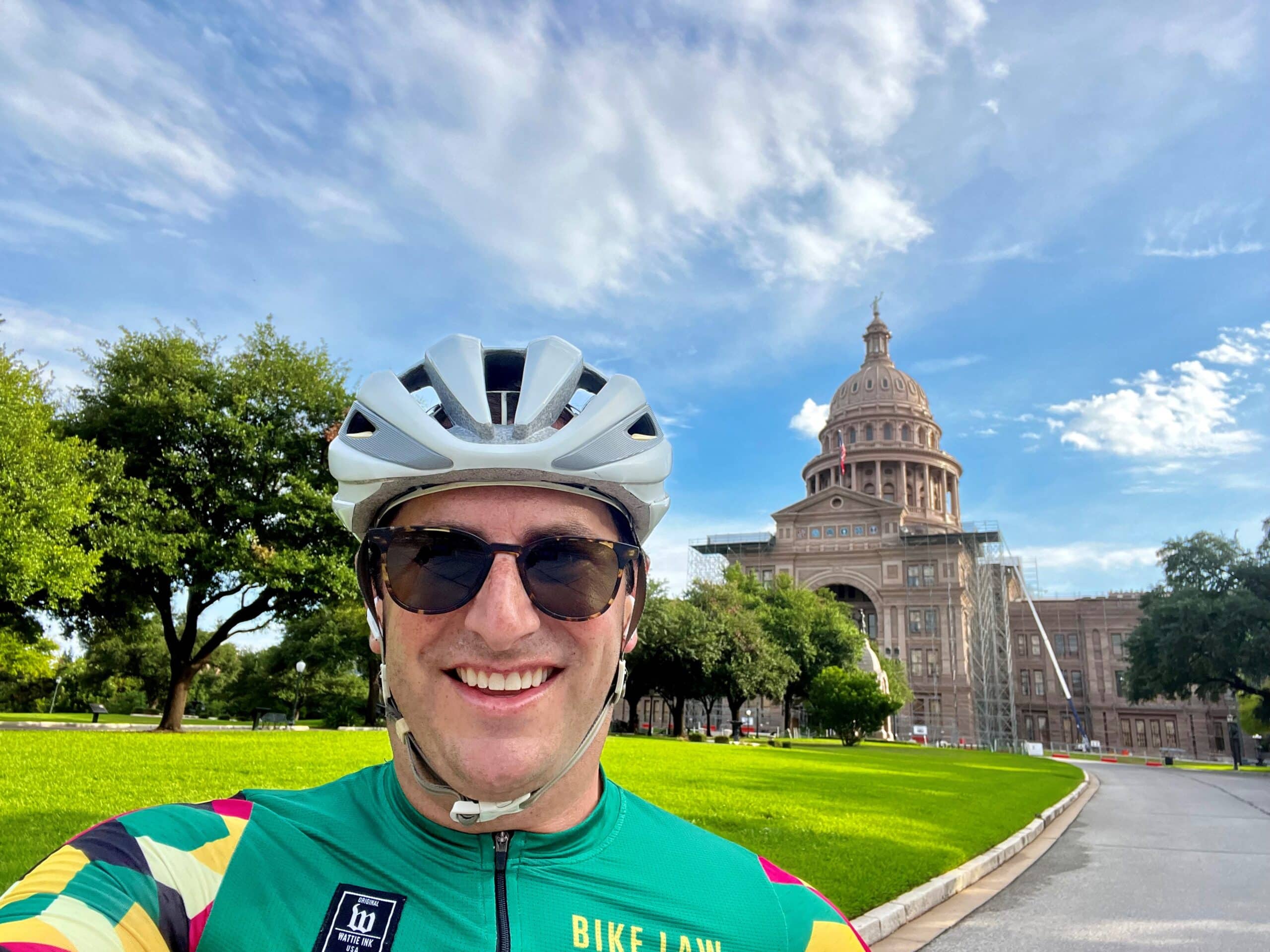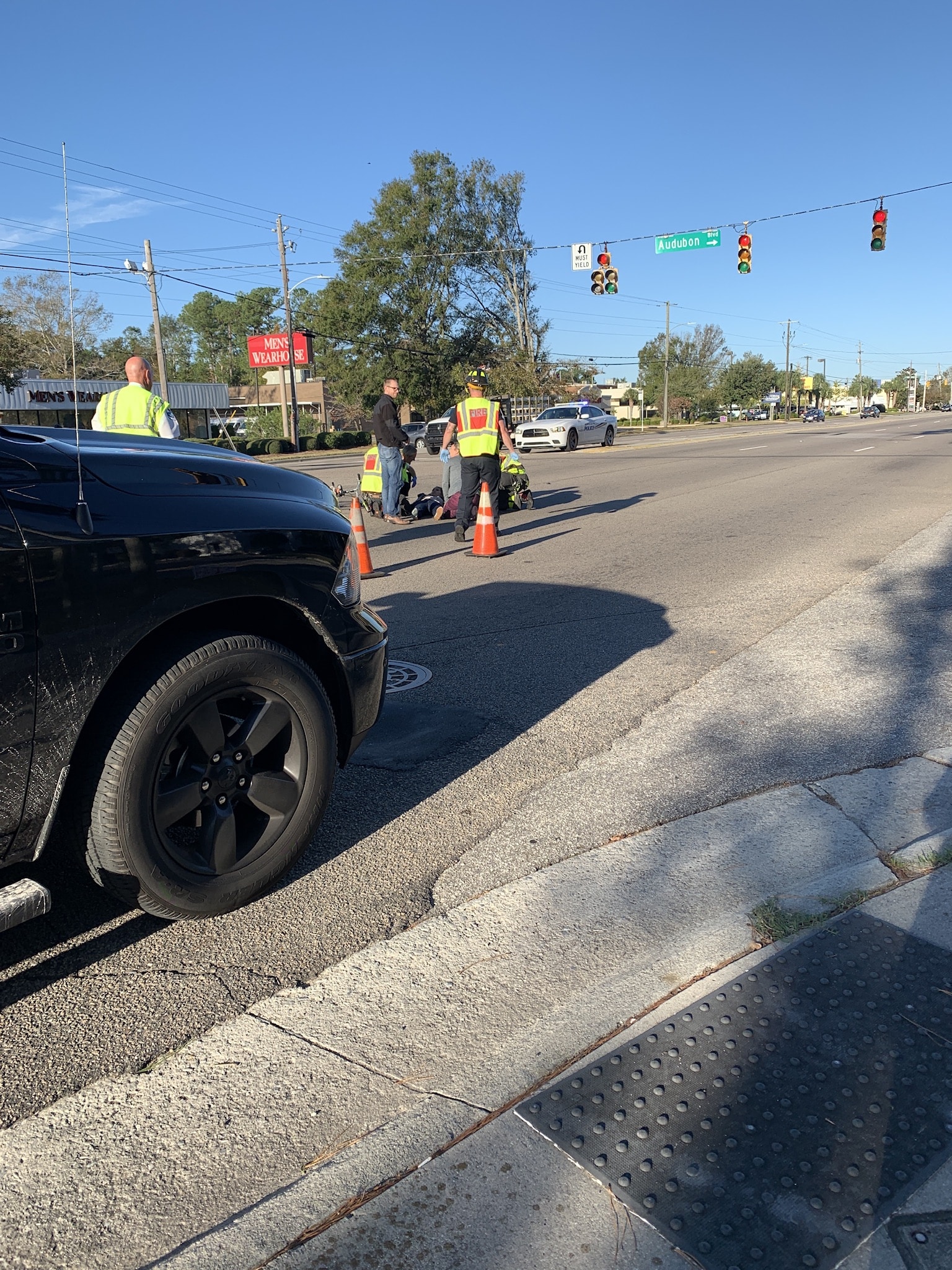How Public Safety Just Got Burned by the State of Maine’s Recent Plea Agreement Involving the Death of Bicyclist Carol Eckert
In 2016, Dr. Carol Eckert was struck by a driver while she was riding her bicycle on a rural Maine roadway. According to media accounts of the crash, the driver who struck her with his truck claimed he did not see her and was blinded by the sun. Dr. Eckert died three days later, but the State of Maine’s investigation of the crash and its legal case against the driver went on for years.
My firm and I did not represent Dr. Eckert’s family in the civil action, nor did we represent them as victims in the criminal proceeding, but I tracked the State’s processing of the case out of personal and professional interest.
For the first several years after Dr. Eckert’s death, the Kennebec County District Attorney’s Office grappled with what to do with the case.
Then, in May of 2018, the District Attorney’s office announced that the State would not be pursuing manslaughter or other criminal charges against the driver. Upon learning of the decision, many people within the cycling community were outraged and had a hard time understanding why the State was not taking a harder stance against dangerous driving around bicyclists.
It was at that time that I felt compelled to explore the decision for myself and others in this piece entitled, Reflections on the Tragic Death of a Beloved Cyclist, which can be found in the Maine Cyclist, a publication put out by the Bicycle Coalition of Maine. The piece examined reasons why the prosecutor may have elected against filing criminal charges in Dr. Eckert’s case, described the differences between criminal and civil proceedings and burdens of proof, and ultimately asked readers to think about whether the State’s charging decision may have been motivated by our society’s acceptance of dangerous driving norms.
After I was done writing the piece, I still did not agree with the District Attorney’s decision not to bring any criminal charges, but I could certainly understand it better.
Last week, however, I was at a loss for how to respond to respond to the ultimate outcome of the State’s case, which concluded with a mere $1,000 fine and a 90-day loss of license for the driver who had struck Dr. Eckert with his truck. Then, this media coverage of the plea agreement added insult to injury by giving airtime and the last words to the driver’s defense counsel, who described the deadly crash as “an accident” that could have happened to “literally anyone out there.”
The media coverage of the recent plea agreement failed to appropriately cover the substantial impact of this crash on Dr. Eckert’s family and community. Further, it did not discuss the appropriate standards of care for drivers when sunlight impacts, or is reasonably expected to impact, vision. It also did not report on the details about the driver’s speed at or before the time of the crash and/or investigate whether the driver’s chosen speed on the day of the crash involving Dr. Eckert was safe given the conditions at that time and place. Instead, viewers of the news clip were left with the message that the State is not going to seriously pursue drivers like the one who hit Dr. Eckert, even if their operational decisions lead to the death of others on the roadway.
This morning, on my way into work, and less than a week after the plea agreement was accepted by the Court, handfuls of drivers went speeding past me into the blinding morning sun. This was so despite children heading to school and patches of black ice all around us. Given the State’s plea agreement, the Court’s acceptance of the deal, and the media’s coverage of the case last week, the other drivers’ actions did not surprise me one bit.
While feeling quite jaded, I return to the same conclusion I reached at the end of the piece I wrote for the Maine Cyclist. The hard truth is if we want prosecutors to start seeing crashes like the one that killed Dr. Eckert as crimes, we need to start treating behaviors such as driving blind, driving distracted, and driving inattentively as crimes ourselves.

Lauri Boxer-Macomber has been an avid rider for decades. Lauri’s Maine law practice is focused on advocating for the rights of bicyclists, pedestrians, and other vulnerable road users.
Lauri’s riding experience and legal training are complemented by her advocacy work. She is an active Board Member of the Bicycle Coalition of Maine, a Governor of the Maine Trial Lawyers Association, and a Member of the American League of Bicyclists. She also chairs the Bicycle Coalition of Maine’s Policy and Legislation Committee and is one of the founding members and facilitators of the Bicycle Coalition of Maine’s Law Enforcement Collaborative, a group of law enforcement officers, planners, bicycle advocates, and others who meet regularly with the goal of improving safety on Maine’s roadways.











